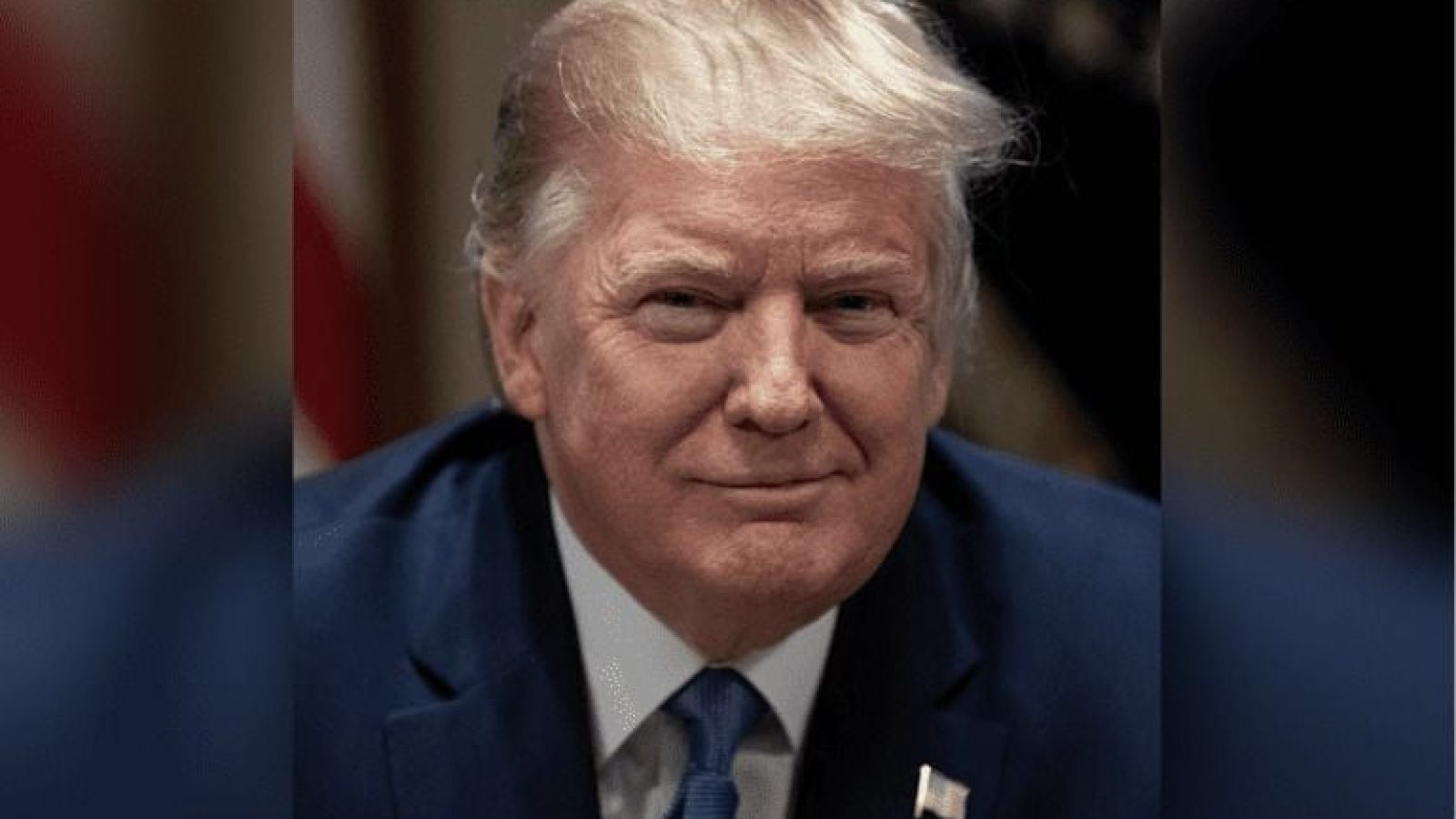One of the states that tried to ban Trump from the ballot – but was just given the OK from the Supreme Court on Monday – just picked him for the primary win on this Super Tuesday.
The wins he’s pulling off today is like a row of firecrackers, one explosion of victory right after another and another.
Democrats have probably passed out with the sheer amount of red tidal wave votes we’re seeing today.
And the night isn’t even over yet.
BREAKING: President Donald J. Trump wins Colorado pic.twitter.com/wv35fMIj2L
— Team Trump (Text TRUMP to 88022) (@TeamTrump) March 6, 2024
Reuters reports on the Supreme Court win:
WASHINGTON, March 4 (Reuters) – The U.S. Supreme Court handed Donald Trump a major victory on Monday, barring states from disqualifying candidates for federal office under a constitutional provision involving insurrection and reversing Colorado’s exclusion of him from its ballot.The justices unanimously overturned a Dec. 19 decision by Colorado’s top court to kick the former president off the state’s Tuesday Republican primary ballot after finding that the U.S. Constitution’s 14th Amendment disqualified him from again holding public office. The Colorado court had found that Trump took part in an insurrection for inciting and supporting the Jan. 6, 2021, attack on the U.S. Capitol by his supporters.The justices determined that only Congress can enforce the constitutional provision against federal officeholders and candidates. But four of the nine justices, including the court’s three liberal members, faulted the rest of the court for announcing rules limiting how the provision may be enforced in the future.Trump is the frontrunner for the Republican nomination to challenge Democratic President Joe Biden in the Nov. 5 U.S. election. His only remaining rival for his party’s nomination is former South Carolina Governor Nikki Haley.The ruling was issued on the eve of Super Tuesday, the day in the U.S. presidential primary cycle when the most states hold party nominating contests.It came five days after the justices agreed to decide Trump’s claim of immunity from prosecution on charges related to trying to overturn his 2020 election loss to Biden. The court, whose 6-3 conservative majority includes three Trump appointees, acted in a speedier manner in deciding the ballot disqualification issue, benefiting him, than it has in resolving the immunity question. Delays in deciding the immunity issue could help Trump by delaying his criminal trial.The 14th Amendment’s Section 3 bars from office any “officer of the United States” who took an oath “to support the Constitution of the United States” and then “engaged in insurrection or rebellion against the same, or given aid or comfort to the enemies thereof.”“We conclude that states may disqualify persons holding or attempting to hold state office. But states have no power under the Constitution to enforce Section 3 with respect to federal offices, especially the presidency,” the unsigned opinion for the court stated.Trump welcomed the ruling, saying during an appearance in Florida: “Essentially, you cannot take somebody out of a race because an opponent would like to have it that way.” Trump said he hoped the decision would help unify the country, but then lambasted political opponents and prosecutors behind four criminal cases against him.Trump was also barred from the ballot in Maine and Illinois based on the 14th Amendment. Those decisions were put on hold pending the Supreme Court’s ruling in the Colorado case.Colorado Secretary of State Jena Griswold expressed disappointment at the ruling “stripping states of the authority” to enforce the disqualification clause.“Colorado should be able to bar oath-breaking insurrections from our ballot,” Griswold wrote in a social media post.Though the justices unanimously agreed with the result, the three liberal justices, as well as conservative Justice Amy Coney Barrett, said the court’s opinion decided more than what was necessary to resolve the case by specifying that Section 3 can be enforced only through federal legislation.Justices Sonia Sotomayor, Elena Kagan and Ketanji Brown Jackson objected to the majority’s “gratuitous” decision to announce rules limiting the way Section 3 can be enforced in the future.“Today, the majority goes beyond the necessities of this case to limit how Section 3 can bar an oath-breaking insurrectionist from becoming president,” the liberal justices said. “Although we agree that Colorado cannot enforce Section 3, we protest the majority’s effort to use this case to define the limits of federal enforcement of that provision.”In a concurring opinion, Barrett wrote that “this is not the time to amplify disagreement with stridency. The court has settled a politically charged issue in the volatile season of a presidential election. Particularly in this circumstance, writings on the court should turn the national temperature down, not up,” Barrett wrote.“For present purposes, our differences are far less important than our unanimity: All nine Justices agree on the outcome of this case. That is the message Americans should take home,” Barrett added.Trump’s eligibility had been challenged in court by a group of six voters in Colorado – four Republicans and two independents – who portrayed him as a threat to American democracy and sought to hold him accountable for the Jan. 6, 2021, attack on the U.S. Capitol by his supporters.The plaintiffs were backed by Citizens for Responsibility and Ethics in Washington, a liberal watchdog group.
https://twitter.com/Apex644864791/status/1765191716523450635



Join the conversation!
Please share your thoughts about this article below. We value your opinions, and would love to see you add to the discussion!